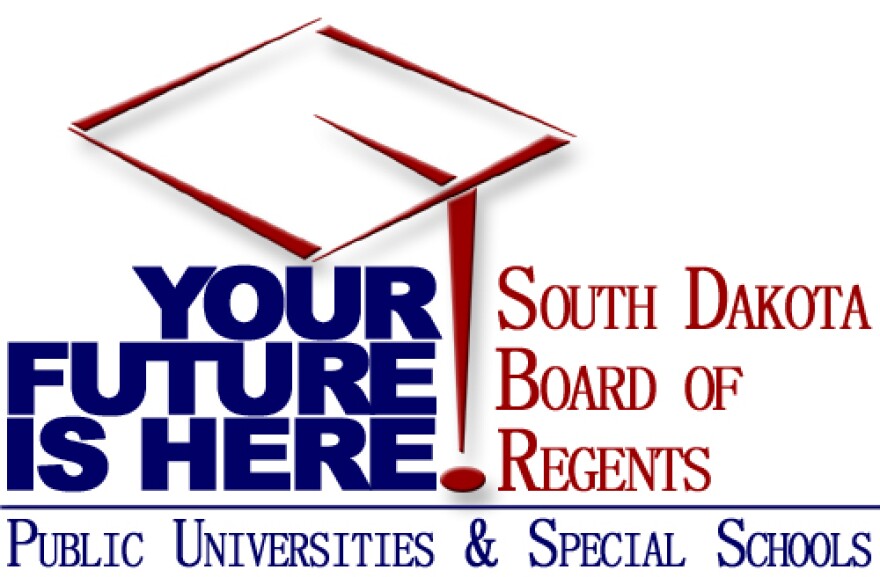Fall enrollment for full-time equivalent students at South Dakota’s six public universities is down three percent. That’s nearly a full percentage point lower than last fall. This is the fifth year in a row fall enrollment has shown a decrease in full-time students.
The Board of Regents is the governing body over the state’s public universities. BOR Executive Director and CEO Paul Beran says the decline in students signals a strong job market that encourages some students to choose the workforce over education.
“The other problem is—and has been mentioned in any number of articles, and the consistent message that—we lack a robust state-funded grant program for Pell-eligible students," he says.
Beran explains South Dakota is one of a few states that don’t offer additional help to students who most need financial assistance.
Last year the BOR presented out-going governor Dennis Daugaard and Governor Noem the case for needs-based scholarships. Neither administration added it to their budget priorities. A bill to dedicate state money to needs-based education grants failed during the last legislative session.
But Beran says the BOR has submitted the issue to Governor Noem’s staff for consideration again this year.
“We stand ready to not only ask for state money but also match that state money with private funds at each institution through their foundations," Beran says. "And that includes the private universities who are on board. And this money can also be used at the tribal colleges as well.”
The state’s technical institutions—which saw a 4.3 percent increase in fall enrollment this year—chose not to join that group.
Beran says balancing technical education and university education is important for South Dakota. While there is a need for a skilled workforce, he says the state also needs educated minds to create the next big thing.
“The immediate being served by people being trained in high-skilled jobs, and the long-term served by people being educated in a variety of different areas that will promote opportunity in the future for the state.”
Beran hopes lawmakers take up needs-based scholarships in the next legislative session.
Regional Health supports Education and Healthcare reporting on SDPB

